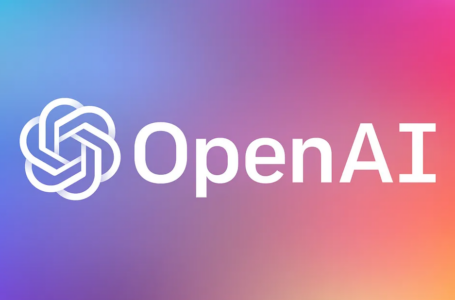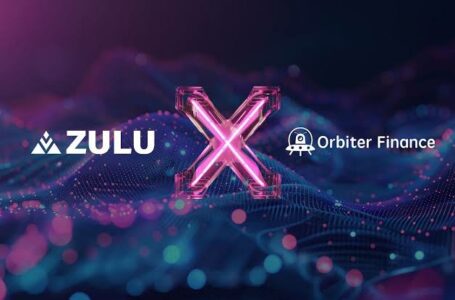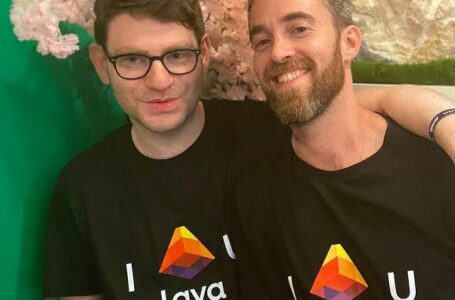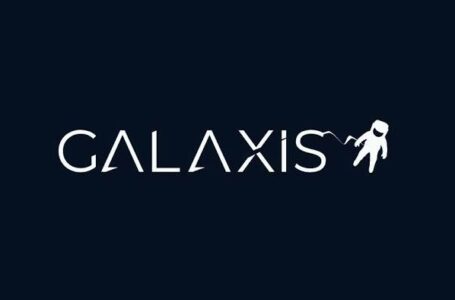OpenAI has introduced Model Spec, aiming to engage the public
Robinhood, a prominent American cryptocurrency exchange, recently got a Wells
Mastercard is collaborating with US institutions to test shared-ledger technology

Worldcoin's World ID verification powered by Orb verification technology has extended to Peru, following success

OpenAI has introduced Model Spec, aiming to engage the public in discussions on AI behavior

Robinhood, a prominent American cryptocurrency exchange, recently got a Wells Notice from the Securities and

Mastercard is collaborating with US institutions to test shared-ledger technology for settling tokenized assets like

Zulu Network gains access to Ethereum via Orbiter's decentralized data services, while Orbiter expands its

Bitget Wallet launches its GetDrop airdrop platform with a meme party event featuring various tokens

Lava Foundation, tasked with managing the growth of Lava Network, secured $11 million through a

Galaxis, an NFT utility platform, recently secured $10 million in funding with notable participation from